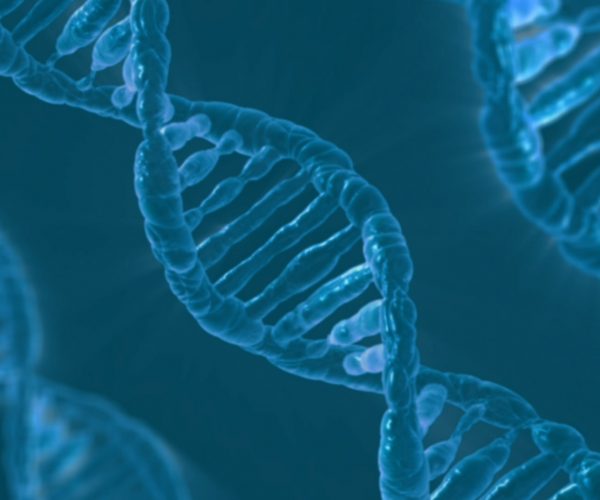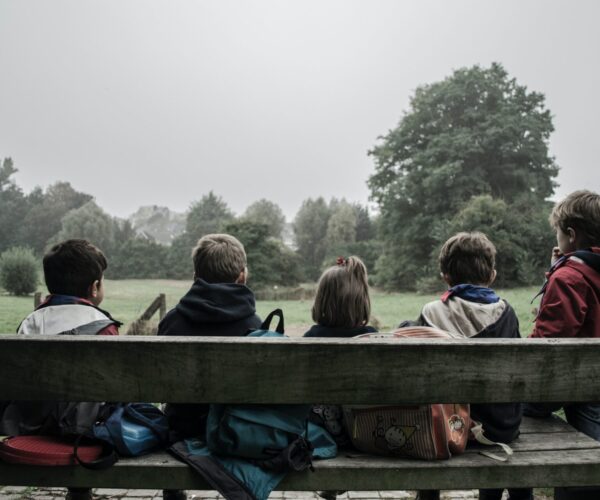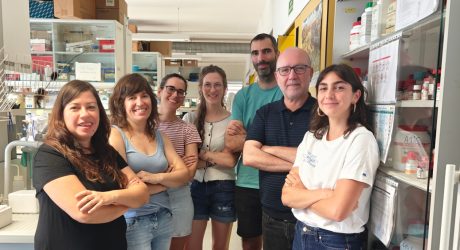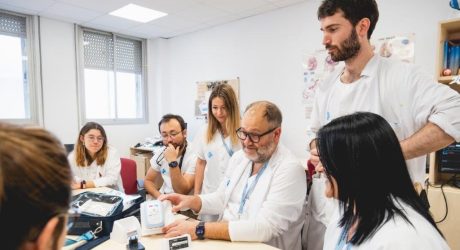Studying the exposome for a healthier future for all children
Photo by Piron Guillaume on Unplash
Mental health is the result of the complex interplay between genetic, psychological, environmental and other factors and experiences. The exposome concept, referring to the totality of exposures from conception onwards, is emerging as a very promising approach in studying the role of the environment in human disease.
Although mental health issues have largely been neglected in environmental research, they pose an increasing public health problem in Europe. Thus, differential exposure to physical and/or social environments during childhood may have a profound impact on an individual’s health status as an adult.
The EU-funded Equal-Life project: Early Environmental Quality and life-course mental health effects (Grant Agreement 874724) is part of the European Human Exposome Network comprised of nine projects selected from the same H2020 call, whose common goal is to understand health impacts during lifelong environmental exposures.
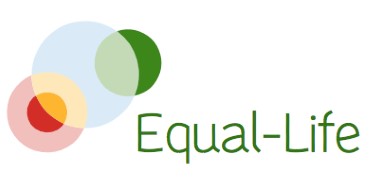
The Equal-Life project, comprising 20 partners from 11 European countries, will develop and utilise the exposome concept in an integrated study of the external exposome and its social aspects and of measurable internal physiological factors and link those to a child’s development and life course mental health. This will be done using a novel approach combining exposure data to characterise, measure, model and understand influences at different developmental stages. The goal is to propose the best supportive environments for all children.
Between 2020 and 2025, the consortium will examine birth-cohorts of over 250,000 children from seven different countries, as well as longitudinal school data sets and cross-sectional studies from four other countries. Equal-Life’s ultimate goal is to develop a toolbox that will help evaluate the effects of physical and social environmental exposure at different levels. Results will provide a basis for new policies to prevent and/or reduce negative mental health impact on children from preconception to adolescence.
Dr. Jordi Julvez, leader of the Environmental Epidemiology, Nutrition and Neuropsychological Development (NeuroÈpia) Research Group at the Institute of Health Research Pere Virgili (IISPV) and associated researcher at the Barcelona Institute for Global Health (ISGLOBAL), has recently joined the Equal-life project to develop harmonization tools for cognitive and mental health outcomes and study the European physical and social exposome associations with these outcomes among children and adolescents. Dr. Julvez thinks that this project is unique in Europe because explores the full human exposome on mental health in the life course, from childhood to adulthood.
“This project has received funding from the European Union’s Horizon 2020 research and innovation programme under grant agreement No 874724 ”.
